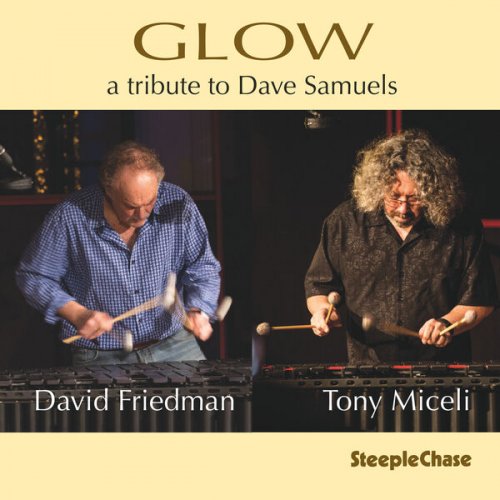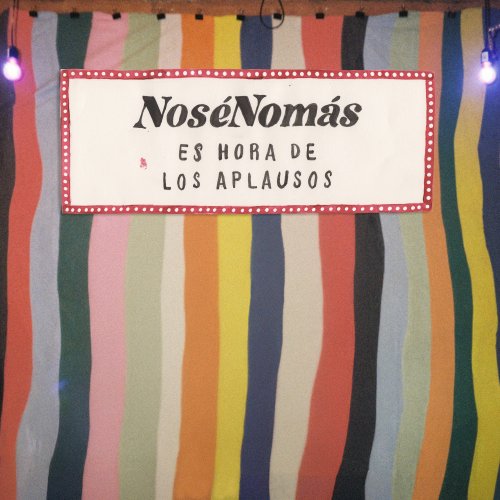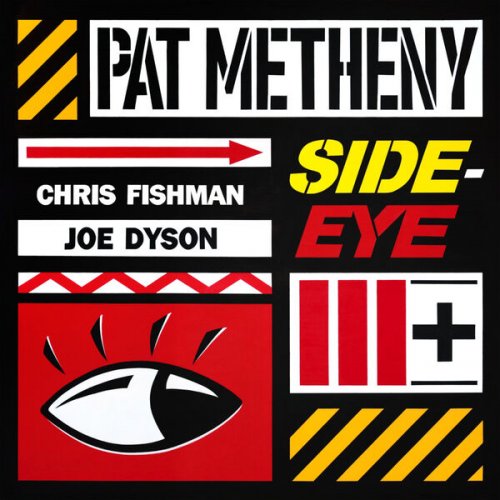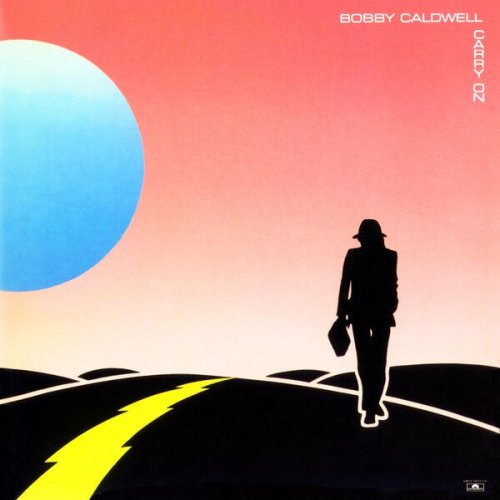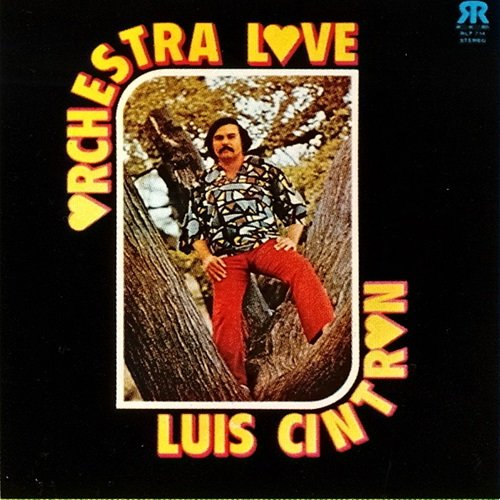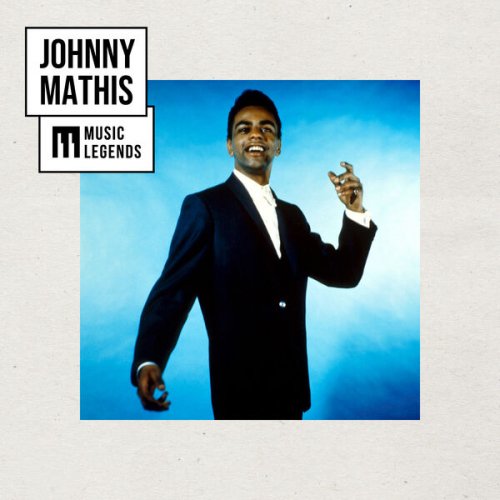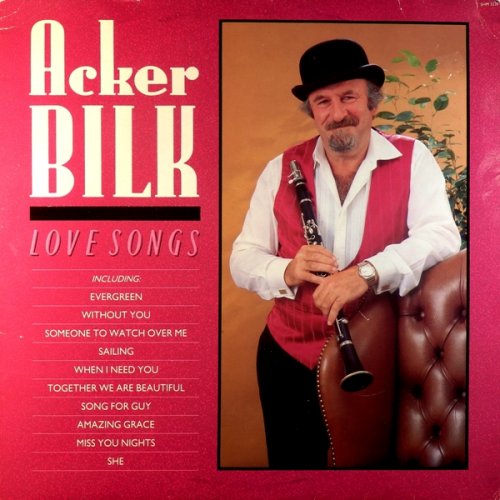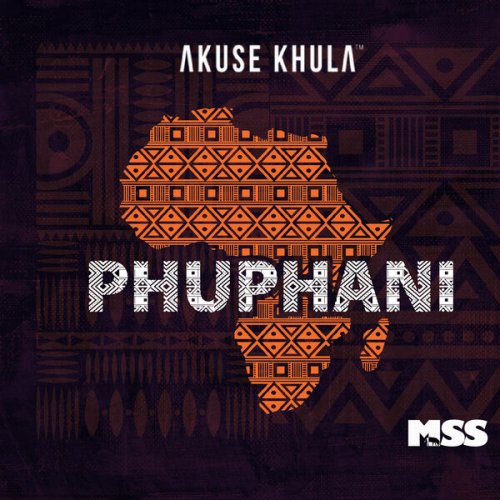Hiromi - Voice (2011)

Artist: Hiromi, Hiromi Uehara
Title: Voice
Year Of Release: 2011
Label: Telarc Records
Genre: Jazz / Fusion
Quality: FLAC (image + .cue, log, artwork) / MP3
Total Time: 01:05:59
Total Size: 392 / 138 MB
WebSite: Album Preview
Tracklist:Title: Voice
Year Of Release: 2011
Label: Telarc Records
Genre: Jazz / Fusion
Quality: FLAC (image + .cue, log, artwork) / MP3
Total Time: 01:05:59
Total Size: 392 / 138 MB
WebSite: Album Preview
1. Voice (9:13)
2. Flashback (8:39)
3. Now or Never (6:16)
4. Temptation (7:54)
5. Labyrinth (7:40)
6. Desire (7:19)
7. Haze (5:54)
8. Delusion (7:47)
9. Beethoven's Piano Sonata No. 8, Pathetique (5:13)
Personnel:
Hiromi Uehara - Piano
Anthony Jackson - Bass
Simon Phillips - Drums
Pianist and composer Hiromi Uehara, whose passionate and incendiary keyboard work has been a shining light on the jazz landscape since her 2003 debut, believes that the voice that never speaks can sometimes be the most powerful of all. Her newest release, a nine-song trio recording simply titled Voice, expresses a range of human emotions without the aid of a single lyric.
"When I play music, I realize that it really filters emotions," says Hiromi. "I called this album Voice because I believe that people's real voices are expressed in their emotions. It's not something that you really say. It's more something that you have in your heart. Maybe it's something you haven't said yet. Maybe you're never going to say it. But it's your true voice. Instrumental music is very similar. We don't have any words or any lyrics to go with it. It's the true voice that we don't really put into words, but we feel it when it's real."
Although a mesmerizing instrumentalist in her own right, Hiromi enlists the aid of two equally formidable players for this project - bassist Anthony Jackson (Paul Simon, The O'Jays, Steely Dan, Chick Corea) and drummer Simon Phillips (Toto, The Who, Judas Priest, David Gilmour, Jack Bruce). Jackson had previously played on a couple tracks from each of Hiromi's first two albums - Another Mind in 2003 and Brain in 2004 - but they had never recorded an entire album together. "I've always been a huge fan of his bass playing," she says. "I've always liked playing with him, and I was very happy that we finally had the chance to make an entire album together."
Taken as a whole, the individual tracks on Voice do tell a story, says Hiromi, but she's quick to note that the story is open-ended and subject to interpretations. "I'm not talking about a story in the sense of a novel," she says. "People can just listen to it and decide how it reflects their own lives. They can just imagine whatever the music makes them imagine. That's the beautiful thing about music without words. It's just a matter of using your imagination, finding your own voice within the music, and traveling with it wherever it takes you."
"When I play music, I realize that it really filters emotions," says Hiromi. "I called this album Voice because I believe that people's real voices are expressed in their emotions. It's not something that you really say. It's more something that you have in your heart. Maybe it's something you haven't said yet. Maybe you're never going to say it. But it's your true voice. Instrumental music is very similar. We don't have any words or any lyrics to go with it. It's the true voice that we don't really put into words, but we feel it when it's real."
Although a mesmerizing instrumentalist in her own right, Hiromi enlists the aid of two equally formidable players for this project - bassist Anthony Jackson (Paul Simon, The O'Jays, Steely Dan, Chick Corea) and drummer Simon Phillips (Toto, The Who, Judas Priest, David Gilmour, Jack Bruce). Jackson had previously played on a couple tracks from each of Hiromi's first two albums - Another Mind in 2003 and Brain in 2004 - but they had never recorded an entire album together. "I've always been a huge fan of his bass playing," she says. "I've always liked playing with him, and I was very happy that we finally had the chance to make an entire album together."
Taken as a whole, the individual tracks on Voice do tell a story, says Hiromi, but she's quick to note that the story is open-ended and subject to interpretations. "I'm not talking about a story in the sense of a novel," she says. "People can just listen to it and decide how it reflects their own lives. They can just imagine whatever the music makes them imagine. That's the beautiful thing about music without words. It's just a matter of using your imagination, finding your own voice within the music, and traveling with it wherever it takes you."
